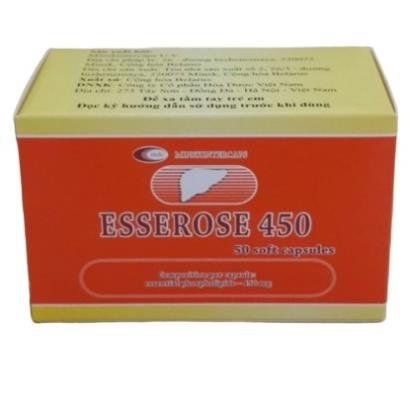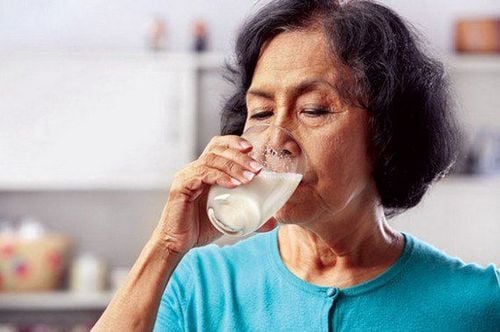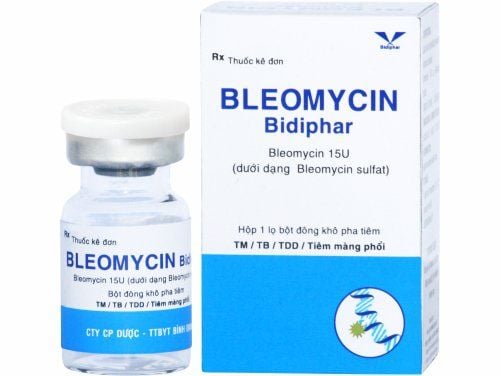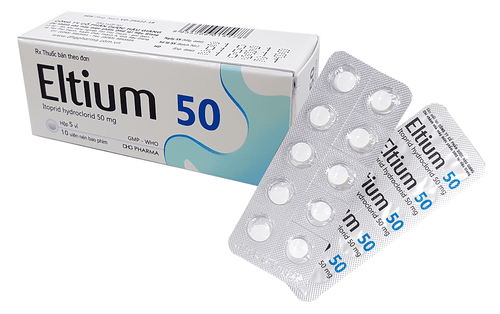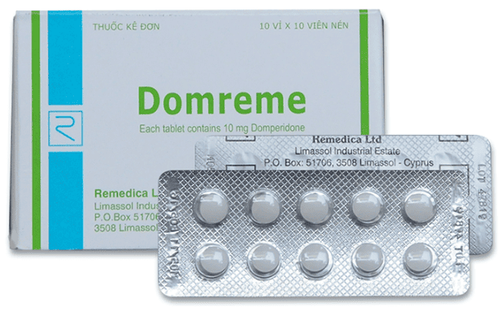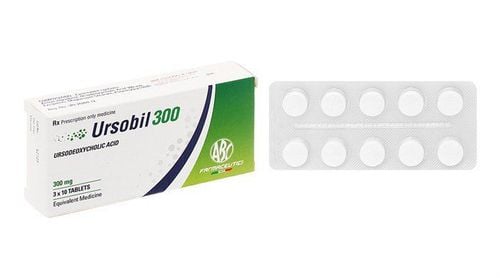This is an automatically translated article.
The article was written by Dr. BS Phan Nguyen Thanh Binh - Head of the Department of Nutrition - Dietetics, Department of Pediatrics - Neonatology, Vinmec Central Park International General Hospital1. Nutrition to prevent wasting
Principle 1: Regularly assess the patient's nutritional status to receive timely nutritional interventions at the hospital (such as combining intravenous nutrition, feeding through a tube...). Patients should be taken to the hospital for nutritional support when:Rapid weight loss (> 5% of body weight in 1 month) Inability to eat for more than 7 days Decreased intake less than half of normal needs, for more than 10 days

Principle 2: Make sure the sick person eats enough by increasing the energy density of food, eating many meals, ...
Eat several times a day, maybe 6-8 times. Eat a variety of 4 groups, meat, fish, beans, vegetables, fruits, milk and dairy products,... Increase energy density of food/drink by adding fat (MCT, Coffeemate, oils rich in EPA, DHA) and/or complex sugar Maltodextrin, combined with high-energy nutritional products (1-2kcal/1ml). Principle 3: Provide appropriate nutrition for each type of therapy.
Surgery: need active nutrition 10-14 days before surgery, in order to improve the patient's general condition, if eating is too poor, can consider feeding through tube or or parenteral nutrition. Radiation and chemotherapy: it is necessary to eat foods with antioxidant effects such as foods rich in vitamin C: oranges, tangerines, grapefruit, strawberries, acerola, berries, broccoli...
Foods rich in beta carotene: green leafy vegetables such as spinach, and yellow-orange fruits or tubers such as papaya, carrots, pumpkin, sweet potato squash...
Foods rich in vitamin E: nuts like sunflower seeds or sunflower oil, peanuts, cashews, barley seeds...
Marrow transplant: it is necessary to ensure strict food safety and hygiene, to eat cooked and drink clean to ensure aseptic, avoid using foods that are biological Live animals like yogurt, fermented drinks like Probi, Yakult...

Principle 4: Supplement with immune-boosting nutrients such as Arginine, Omega 3, Nucleotides, Glutamine...
Science has proven that certain substances have the effect of enhancing immunity for patients, should be supplemented at a minimum. 1 week before and during treatment. Glutamine at a dose of 30g/day is considered effective in improving survival as well as prolonging the life of cancer patients.
EPA (Eicosapentaenoic acid, an omega 3 fatty acid) with a dose of 2g/day has the effect of reducing the production of inflammatory substances, reducing metabolic disorders in wasting syndrome, helping to stabilize weight, improve anorexia. EPA is abundant in deep-sea fish such as tuna, salmon, cod... and nutritional products supplemented with EPA specifically for cancer patients. In addition, Arginine and Nucleotides also have immune-enhancing effects.
2. Exercise to prevent wear and tear
Practicing sports and keeping an optimistic spirit play an important role in helping patients cope with the disease. Patients should do gentle exercises such as walking, cycling... with an average of 30-45 minutes once, at least 3 times a week.Please dial HOTLINE for more information or register for an appointment HERE. Download MyVinmec app to make appointments faster and to manage your bookings easily.





